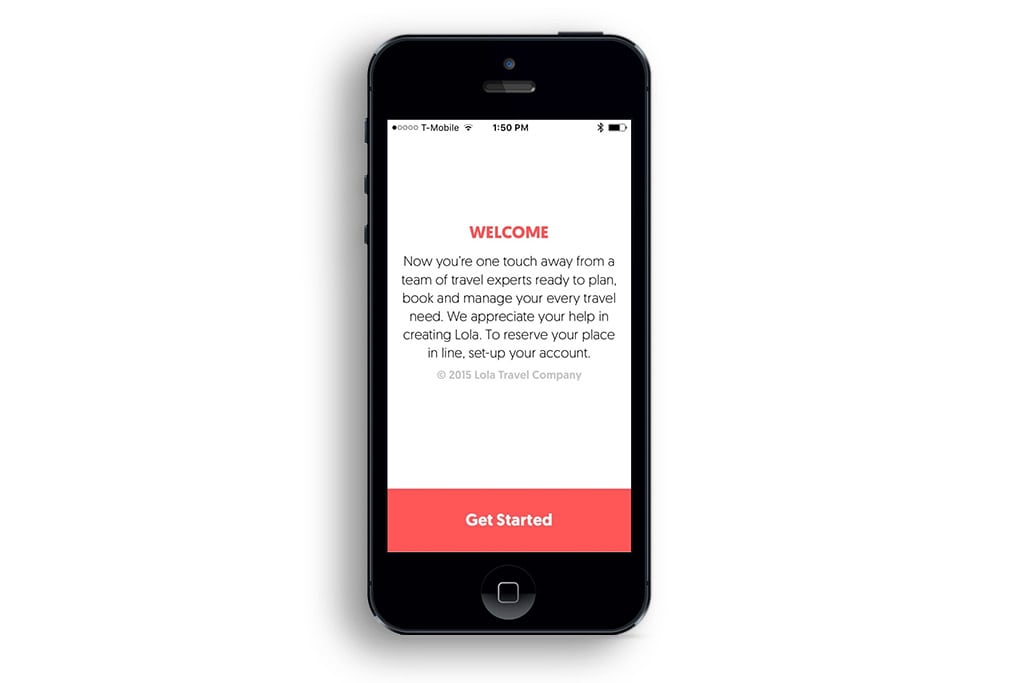Skift Take
Travel industry experts and analysts are hailing the rise of a “conversational commerce” based on the increasing appeal of messaging technology. The applications range from customer relations and marketing to travel operations — and they loom large for travel brands, agencies, and startups seeking to capture travelers’ bookings in the mobile space.
Earlier this week we launched a new report in our Skift Trends Reports service, The Rise of Messaging Technology in Travel Booking, Part 2.
Below is an extract. Get the full report here to stay ahead of this trend.
The messaging-tech boom in the travel industry is not confined to suppliers only — it extends beyond legacy and industry-dominant brands seeking one-to-one interactions with customers to travel agencies and services as well. These organizations, outside the airline and hospitality verticals, are reaching out travelers via messaging apps, and similarly partnering with third parties to leverage the platforms.
- Jovago, in Africa, announced last year that it was teaming with three companies — Whatsapp, Viber, and LiveChat — to allow travelers to book hotels directly via messaging. “This approach renders us even more reliable since our customers can now book hotels without even having to open a browser,” says Paul Midy, chief executive officer of Jovago, in a recent IT Web report. “Our availability on several social-media platforms makes the process easier.”
- In the Ukraine, Pockettour promises a complete booking experience via the Viber messaging platform. From the research-phase of planning to payment for the actual bookings, “users send a message to the agency’s Viber account about the type of trip they’re interested in,” according to recent Skift coverage. “Pockettour’s travel agents then suggest flights and hotel stays through chat windows and with the potential client to tweak the trip to their liking.” According to Pockettour, while the service offers video and phone, 99% of its customers prefer the chat functionality when planning and booking their journey.
- Kayak is working in Slack so that travelers can enter a simple command string into the app — /kayak flights from newark to paris france April 4 to April 11, for example, or /kayak hotels in San Francisco tonight — and then get a message back with flight options. Users click through to Kayak or a third-party site to complete the booking once the wanted route and price appear, however, so this is a case in which the booking itself isn’t completed in the context of the messaging platform.
- Some startups, such as Hyper Travel, are incorporating messaging and booking into apps of their own, rather than using an existing platform such as Facebook Messenger or WeChat. In a hybrid human-algorithm infrastructure, travelers message Hyper with their journey queries. Data analytics then kick in to route the query to one of the company’s in-house travel agents who can further message with the customer and complete the booking process with them, in-app.
Another case in point, when it comes to hybrid messaging experiences, is the recently founded Lola. Run by a former co-founder of Kayak, the company has unveiled a human-agent/digital experience that allows users to book travel of all kinds in a one-to-one app-based interaction. The startup’s approximately 100 live agents work with travelers directly, and effect bookings in real time as customers explain what they want and need, often by simply typing those details into their mobile screens.
Get Skift Research
Skift Research products provide deep analysis, data, and expert research on the companies and trends that are shaping the future of travel.
Have a confidential tip for Skift? Get in touch
Tags: lola, messaging, research reports, travel agents
Photo credit: The beta version of the Lola app, which combines messaging with live travel agents. Lola
